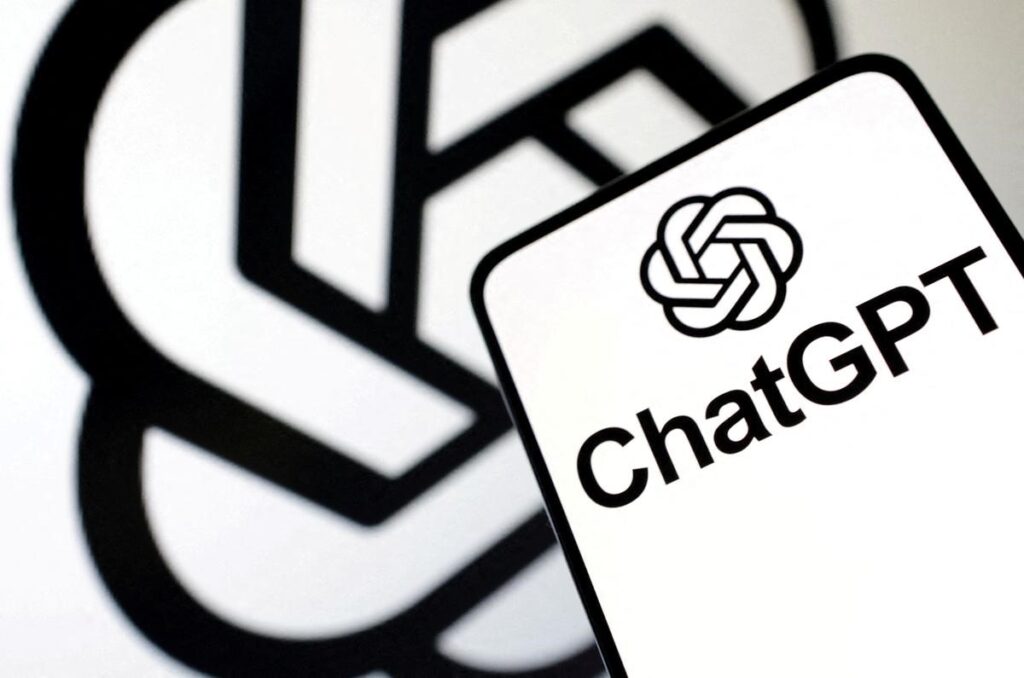OpenAI can relaunch its AI ChatGPT in Italy if they fulfil the requirements imposed by the regulatory

According to the “Italian data protection authority,” artificial intelligence-based software ChatGPT, produced by OpenAI, can come back to Italy if it complies with measures imposed by the regulations.
The regulators imposed a temporary ban on the AI software over privacy concerns and drafted an outline of requirements that ChatGPT had to satisfy by April 30 if they wanted the lift back.
Last month, the Garante watchdog issued an order requiring the business to temporarily halt handling personal data related to Italian users while it looked into potential data breaches. The authority stated that it didn’t want to obstruct AI’s advancement but stressed the significance of adhering to the severe data privacy regulations set forth by the European Union.
The Italian regulators’ action was praised on Wednesday by OpenAI, which had replied by outlining fixes to allay the worries.
“We are pleased that the Italian Garante is rethinking its judgement, and we look forward to cooperating with them to make ChatGPT available to our consumers in Italy once again shortly,” according to OpenAI.
As other nations, including France and Canada, look more closely at so-called “generative” AI technology like ChatGPT, concerns about the artificial intelligence bubble are mounting. The chatbot can produce prose that closely resembles human writing styles thanks to an extensive database of data, including digital books and internet articles.
According to Italy’s regulations, OpenAI is required to publish details on its website about how and why it maintains sensitive data of both users and non-users, as well as give users the ability to update or delete such information.
The Italian regulatory authorities had voiced worries that ChatGPT’s algorithms would occasionally produce inaccurate information about certain people and questioned if OpenAI had a legitimate reason to collect the vast amounts of data necessary to train them.
In order to educate people on how it uses their personal data for training algorithms, San Francisco-based OpenAI will also need to launch a PR campaign by May 15 on radio, TV, in newspapers, and online, according to Italy’s watchdog.
Additionally, it must be ensured that users are at least 13 years old and that teens between the ages of 13 and 18 have parental permission.
